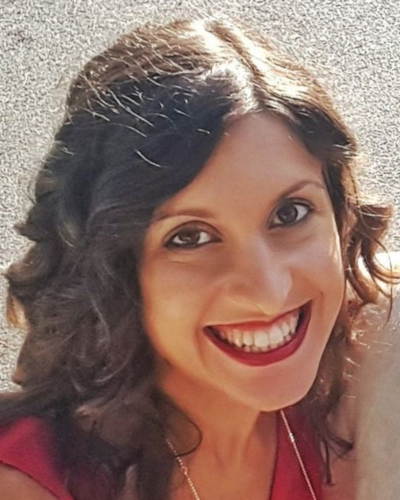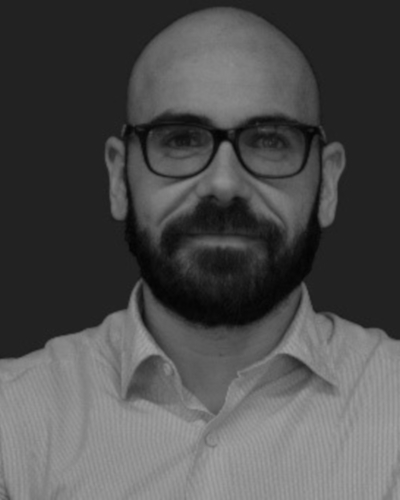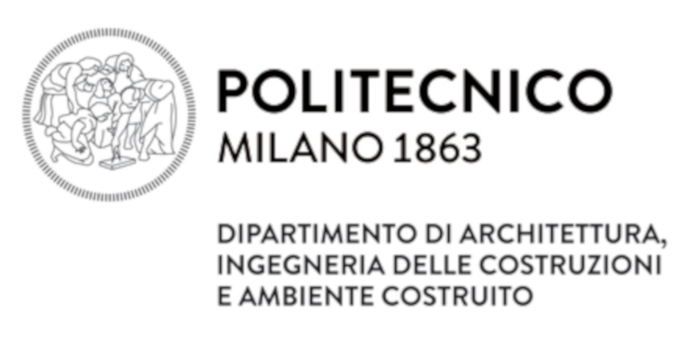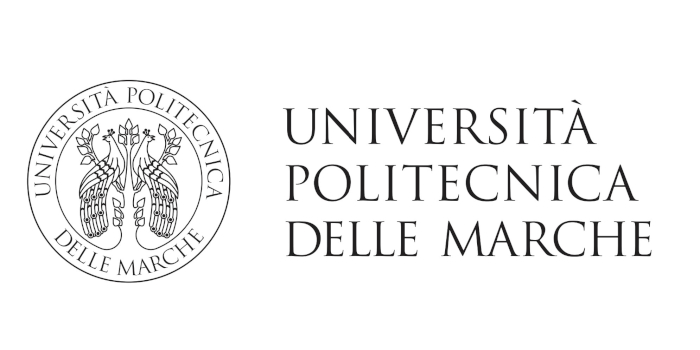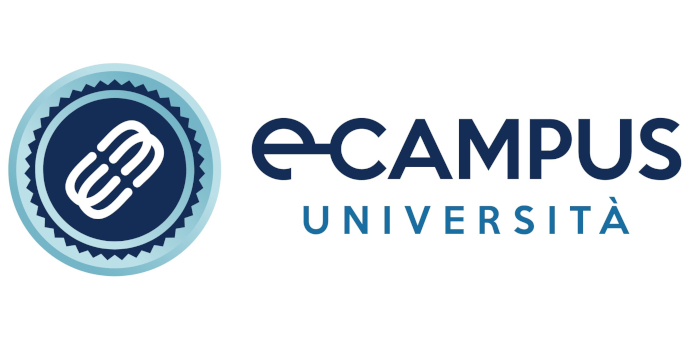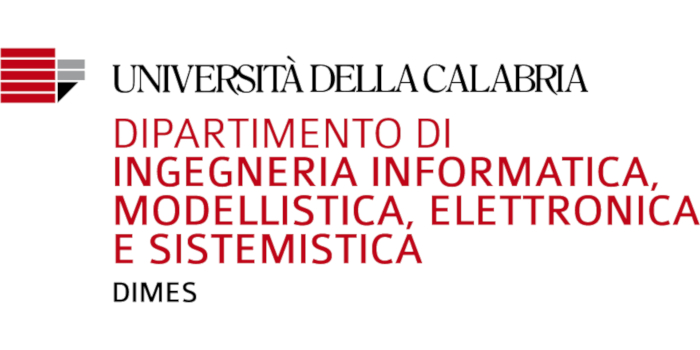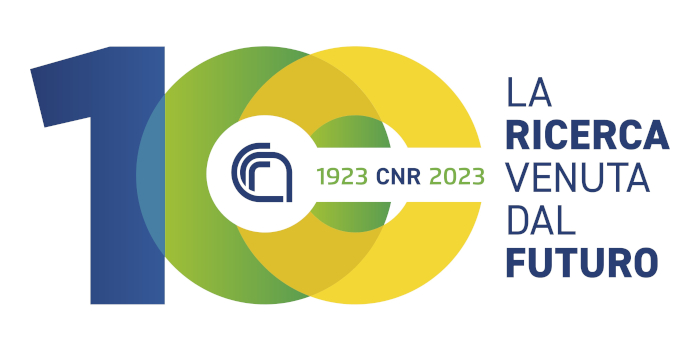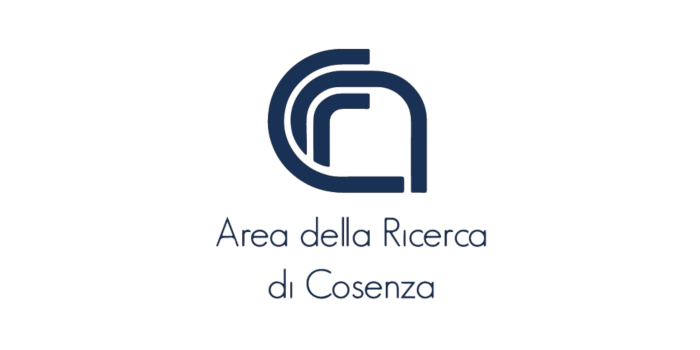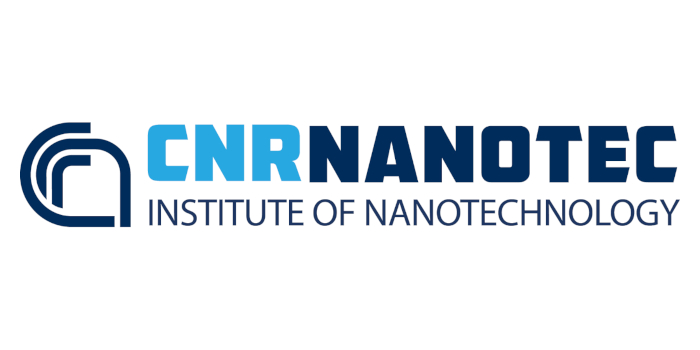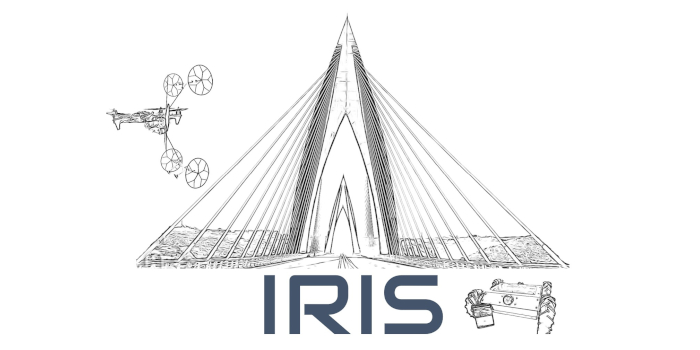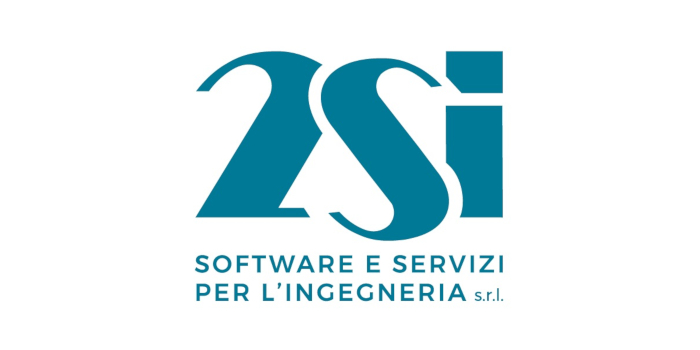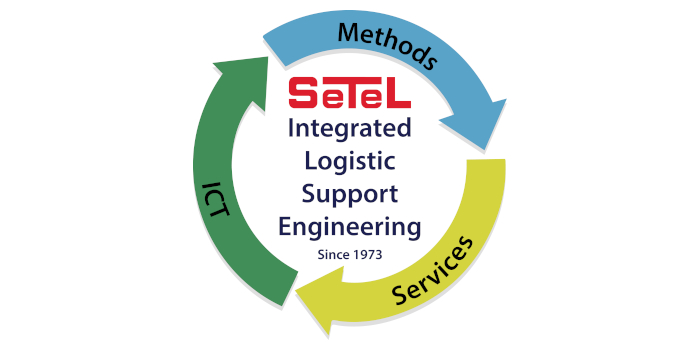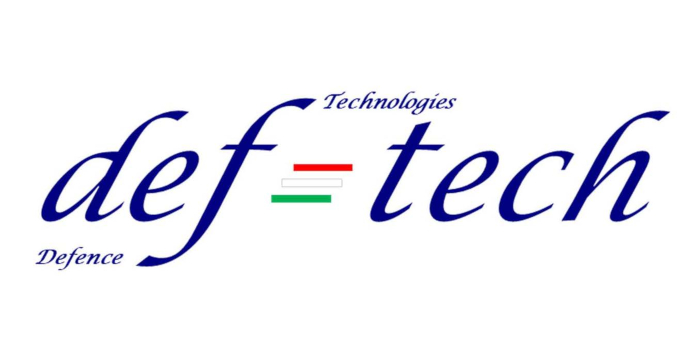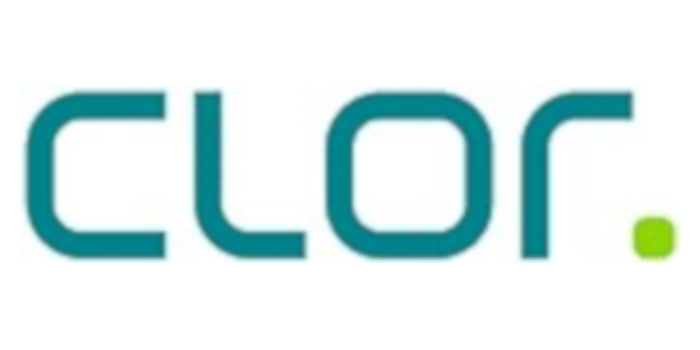SPECIAL SESSION #1
Exploitation of wearable sensors and non-intrusive measurement systems in the context of living environments: how to effectively enhance comfort and well-being?
ORGANIZED BY
Gloria Cosoli
Università Politecnica delle Marche, Italy
Marco Arnesano
Università degli Studi di eCampus, Italy
Gian Marco Revel
Università Politecnica delle Marche, Italy
ABSTRACT
In recent years, wearable sensors have gained more and more attention in the context of physiological monitoring in a plethora of applications. In particular, in the context of living environments, fusing different types of data coming from buildings can lead to real benefits for the whole monitoring process and the management of the living environment itself (also from an energetic point of view), especially when combined to non-intrusive systems for the measurement of different types of variables (e.g. environmental parameters). The big data obtained from monitoring can be analyzed with Artificial Intelligence (AI)-based techniques and meanin gful indicators can be synthesized in order to quantify the effective dweller’s well-being in its multifaceted aspects (e.g. thermal comfort, emotional status, etc.), and to identify possible actions to improve the entire ecosystem. Moreover, thanks to the Internet of Things (IoT) tools, data can be shared on Cloud services and remotely processed thanks to flexible and interoperable monitoring platforms based on open-source paradigms, easing the exploitation and the scalability of the developed monitoring solutions.
From the above lines, it is clear that the measurement chain is quite complex; for this reason, uncertainty analysis is particularly useful to understand how the sensors uncertainty reflects on the final output; furthermore, it is interesting to comprehend which factors are mostly significant for the determination of both the well-being of the dwellers and the control of the living environment systems, thus being able to act for the enhancement of the whole ecosystem status.
This Special Session aims to promote the latest research contributions in this research field. Original papers are invited to be submitted pointing out how to effectively exploit wearable sensors and non-intrusive measurement systems in the context of living environments, with a particular focus on the metrological aspects characterizing both sensors and their application combined to AI technologies and on their potential in the enhancement of the dweller's general quality of life in the living environment.
MAIN TOPICS
Topics of interest include but are not restricted to:
- Physiological monitoring in the context of living environments
- Comfort and well-being measurement and assessment in indoor environments
- Data-fusion techniques in living environments
- Uncertainty analysis in wearable-based measurements
- Wearable sensors and Artificial Intelligence
- Wearable sensors and IoT
- Physiological signal processing pipelines
- Environmental signal processing pipelines
ABOUT THE ORGANIZERS
Gloria Cosoli received the B.S. degree in Biomedical Engineering (with honors) and the M.S. degree in Electronic Engineering (with honors) from Università Politecnica delle Marche (UNIVPM), Ancona, Italy, in 2011 and 2013, respectively. She received the Ph. D. degree in Mechanical Engineering from the same university in 2017 with a thesis titled “Study and Development of a Novel Radio Frequency Electromedical Device for the Treatment of Peri-Implantitis: Experimental Performance Analysis, Modelling of the Electromagnetic Interaction with Tissues and In Vitro and In Vivo Evaluation”. Since November 2016 to date, she has been a Postdoctoral Research Fellow with the Department of Industrial Engineering and Mathematical Sciences (DIISM) of UNIVPM. Her research interests focus on non-invasive physiological measurements and monitoring techniques, thermal and mechanical measurements, non-destructive monitoring techniques, numerical modelling, and signal processing.
Marco Arnesano, PhD in Mechanical and Thermal Measurements from Università Politecnica delle Marche, is an Associate Professor at eCampus University and Coordinator of Industrial Engineering courses (bachelor and master degrees). His research is focused on the development of innovative measurement systems for the built environment: energy and indoor environmental monitoring and control through the application of embedded and IoT sensors, physiological measurements, signal processing and data analysis. Research activities are conducted within European and National projects. He is the author of more than 60 peer-reviewed scientific publications for international journals and conference proceedings.
Gian Marco Revel is Full Professor in Mechanical and Thermal Measurement at Università Politecnica delle Marche, where he also plays the role of Rector Delegate for European Research. Main research interests are in the field of sensor and measurement technologies for industrial applications, with particular focus on the construction sector, building energy efficiency, in-field material characterization and non-destructive testing. He is Coordinator of the Material&Sustainability Committee of ECTP and Coordinator of the Italian Construction Technology Platform. He is author of more than 200 publications and Scientific Responsible for several projects (11 in H2020) in the are a of technologies for Energy Efficiency and Materials in Buildings.

